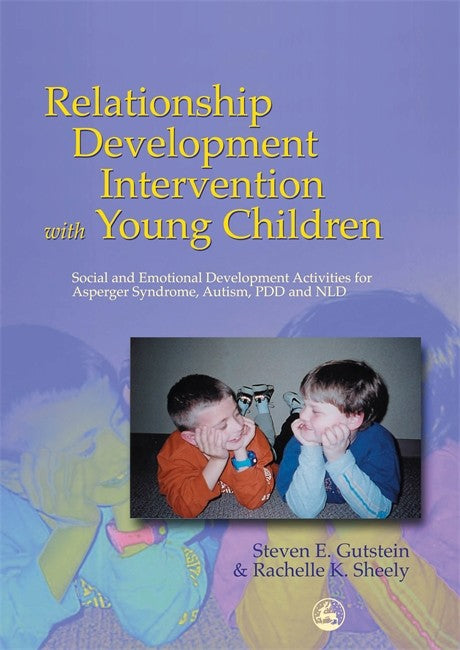Friendship; relationship development intervention. Level I Novice - stage 1, attend; stage 2, reference; stage 3, regulate; stage 4, co-ordinate. Level II Apprentice - stage 5, variation; stage 6, transformation; stage 7, synchronization; stage 8, duets. Level III Challenger - stage 9, collaboration; stage 10, improvization; stage 11, co-creation; stage 12, running mates. Appendices: the relationship development questionaire; activity index for volume 1; objectives for volume 1; objectives for volume 2; index of activities and objectives, volume 1; topic index.
Request Academic Copy
Please copy the ISBN for submitting review copy form
Description
It provides a wealth of activities, following a developmental model, for therapists, teachers and parents. The authors suggest that children with autism do not develop friendships just by being among peers, but need strategies and activities to develop the foundations of social referencing, regulation of their own behaviour, and practice in becoming a social partner. The activities focus on teaching the child how to see others as real people, develop a curiosity for social interaction, become a team member, and adapt in social settings. Although some initial activities are a little unorthodox, they are fun and designed to provide the scaffolding needed to teach relationship skills.

